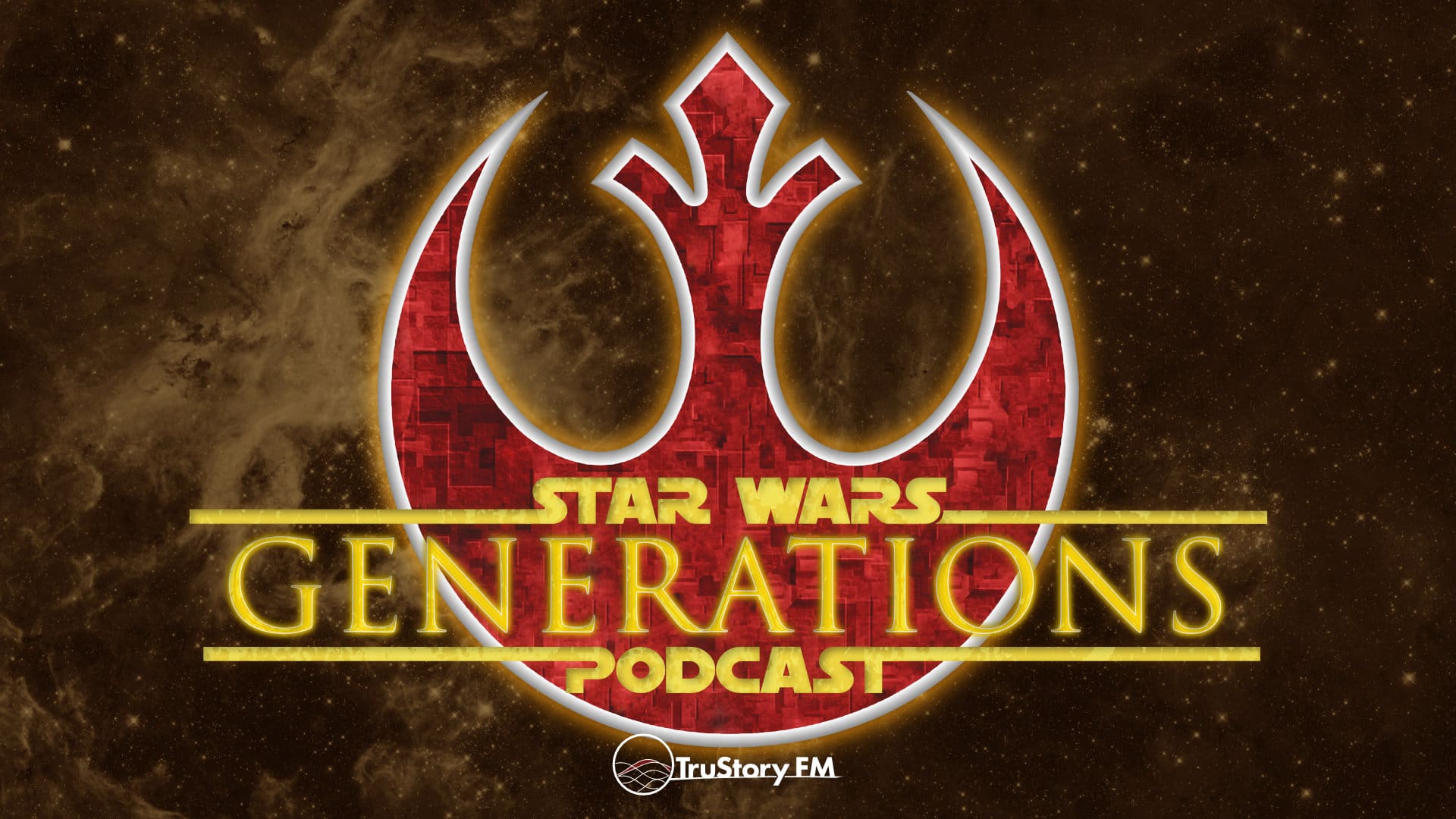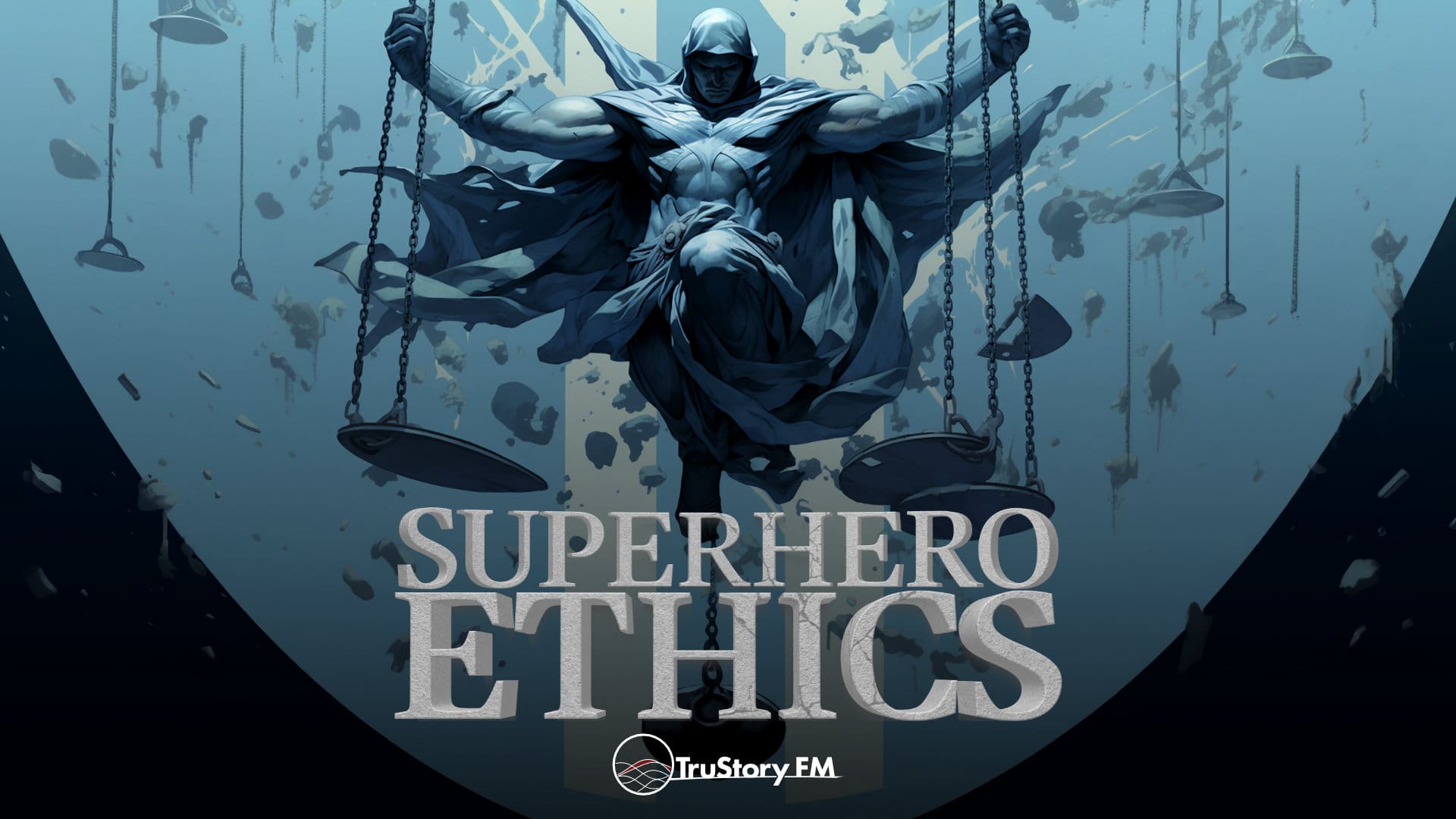


About Matthew Fox
I’ve been a fan of deep conversations about genre media since I was a kid when I would watch the original series Star Trek with my mom, and she would ask me about the ethical questions it raised.
Inspired in large part by the MCUCast and the DC on Screen Podcast, I started Superhero Ethics as a way to explore those questions with others and was later a founding member of the Stranded Panda Podcast Network.
When not spending far too much time navel-gazing about pop culture, I help run a small non-profit that breaks down barriers to computer science education for youth and do consulting work for nonprofits and small businesses.
My podcast interests have broadened over time, adding a podcast about the Star Wars Universe in 2019 and becoming a frequent guest or co-host on PandaVision and other podcasts and content. While ethical questions are not the prime focus of my other work, I can find them in pretty much anything I watch.
Support the Ethical Panda on TruStory FM
Join us on a remarkable journey to galaxies far, far away, and into the moral heart of our beloved superheroes, with a subscription membership for the Podcasts of The Ethical Panda. Your membership isn’t merely a gateway to our acclaimed shows, “Star Wars Generations Podcast” and “Superhero Ethics,” but a way to deepen your connection with the narratives you cherish. As a valued member, you’ll receive early access to special member editions of each episode, delivered straight to your personal podcast feeds.
Most importantly, your support allows us to continue exploring the complexities and wonders of these universes, always with our signature sincerity and warmth. Subscribe today, and let’s delve deeper into the stories that shape us, together.
Join • $5/month Join • $55/year Gift Subscription • $55/yearWhat’s up with Discord?
So much! The shows of the Ethical Panda – Star Wars Generations and Superhero Ethics – are both represented on the TruStory FM Discord server. Jump in for free and chat with your community. Plus, once you become a supporting member of the Ethical Panda shows, you’ll be automatically granted access to the member-only channels in our Discord Server for special events and a more curated chat.
Join our Discord